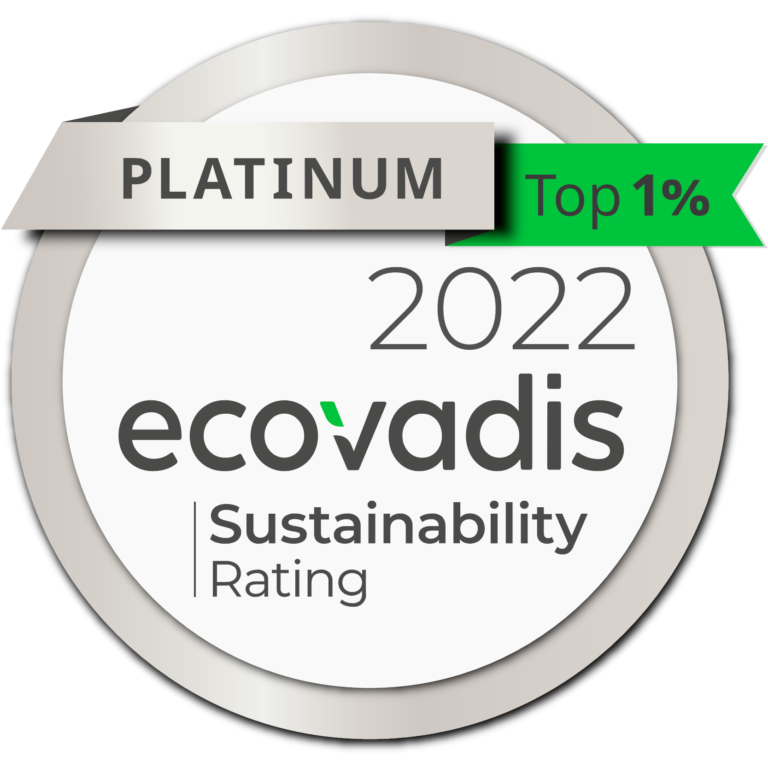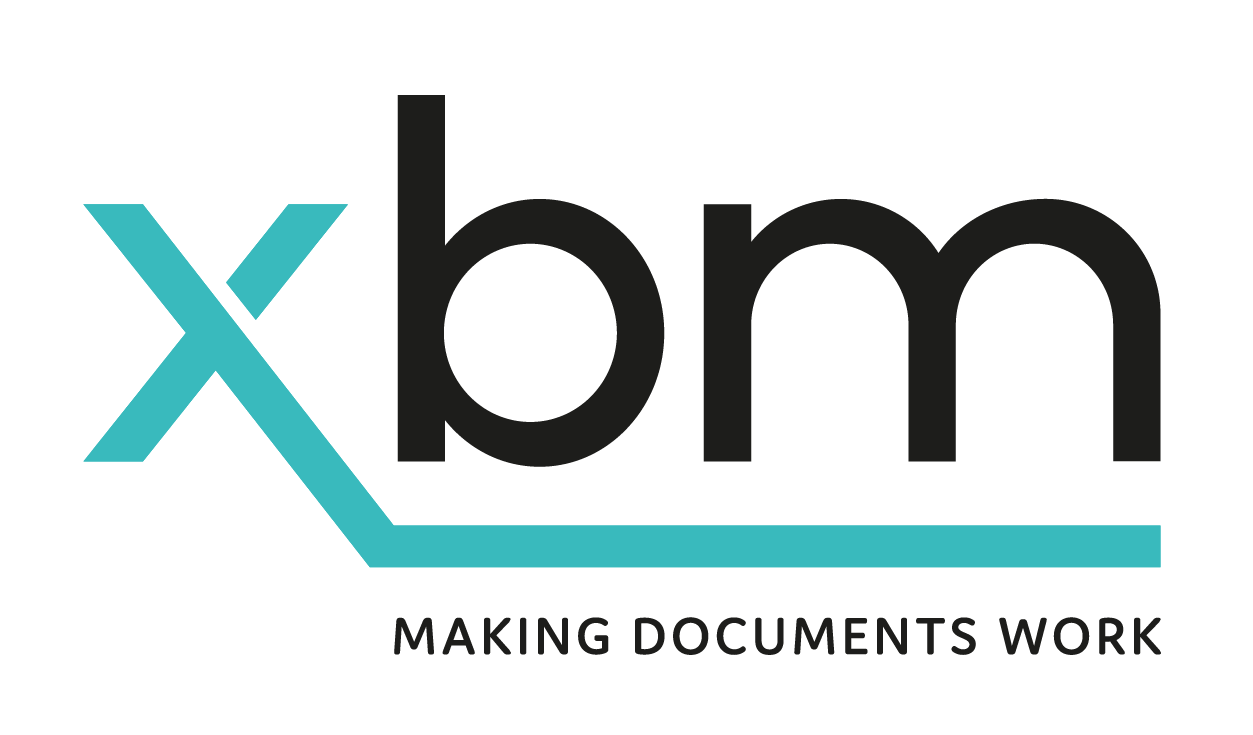CSR v ESG
Environmental Jargon: CSR v ESG
CSR v ESG? When it comes to the business response to environmental issues, you could drown in the jargon. Even how companies describe their response can be confusing. So, ESG v CSR, what are they and how do they relate to business practices?
ESG and CSR are both related to how businesses address their environmental, social, and governance impacts, but they are not exactly the same. Here is a summary of the main differences: CSR stands for Corporate Social Responsibility, and it refers to the voluntary actions that a company takes to improve its social and environmental performance. CSR is often based on the company’s own values and goals, and it may include activities such as donating to charities, reducing carbon emissions, or supporting fair trade.1,2
ESG stands for Environmental, Social, and Governance, and it refers to the criteria that investors and other stakeholders use to evaluate a company’s sustainability performance. ESG is more focused on the measurable outcomes and risks that a company faces in relation to its environmental, social, and governance issues. ESG may include indicators such as greenhouse gas emissions, labour practices, board diversity, or human rights.1,3
 In short, CSR is a company’s own framework of sustainability plans and actions, while ESG is a way of measuring and reporting a company’s sustainability performance to external parties. An important word in that distinction is “measurement”. ESG is seeing an increase in use as more and more organisations spring up to help businesses measure their ESG performance.
In short, CSR is a company’s own framework of sustainability plans and actions, while ESG is a way of measuring and reporting a company’s sustainability performance to external parties. An important word in that distinction is “measurement”. ESG is seeing an increase in use as more and more organisations spring up to help businesses measure their ESG performance.
ESG is seen as providing quantitative measurements whereas CSR is a qualitative description of the businesses action. As a result, you are more likely to see ESG results in board and shareholder meetings where they can improve the valuation of the business.
However, the accurate measurement of a business’s total carbon footprint is not without its own controversy as some include carbon generated in their supply chain, whilst others exclude it, and with the EU ban4 on green-wash jargon and the use of offsetting to make businesses look green, actual reduction in Greenhouse Gas (GHG) emissions is becoming more important.
CSR is often more visible on company websites and marketing where the business is trying to communicate its values to prospective customers. This has become a more important part of brand management as customers are becoming more discerning, expecting the businesses they buy from to hold high standards in both environmental and social issues.
Buyers even claim they will pay more for sustainable products and services. However, the holy grail of sustainability is products that can lower your carbon footprint whilst lowering costs too. The number of products and services that claim to do this is increasing. Though it is wise to approach some claims with caution, some household names have revolutionised their approach to products in their portfolios. Epson, for example, abandoned making laser printers, now manufacturing Heat-Free business printers and copiers (MFPs) that use up to 83% less energy than laser printers and produce less waste too.5
 One organisation that helps corporations measure their ESG is EcoVadis6 who help businesses manage their ESG risk and compliance, meet corporate sustainability goals, and drive impact at scale by guiding the sustainability performance improvement of the company and their value chain. They currently screen over 2 million businesses in over 180 countries. They have awarded Epson their coveted Platinum award for three successive years.
One organisation that helps corporations measure their ESG is EcoVadis6 who help businesses manage their ESG risk and compliance, meet corporate sustainability goals, and drive impact at scale by guiding the sustainability performance improvement of the company and their value chain. They currently screen over 2 million businesses in over 180 countries. They have awarded Epson their coveted Platinum award for three successive years.
The platinum rating was awarded in recognition of Epson’s global sustainability initiatives. In the four themes assessed by EcoVadis, Epson received high scores for the environment, sustainable procurement, labour and human rights, and ethics, putting it in the top 1% of companies in the industry, worldwide.7
XBM work with businesses like Epson, Kyocera and Ricoh who are at the forefront of providing more sustainable print solutions. Kyocera and Ricoh are both recipients of the EcoVadis Gold award, placing them in the top 5% of print businesses worldwide.7
Therefore, whether you use ESG or CSR depends on the audience and the level of accountability or scrutiny you are willing to undergo. In essence, both should drive businesses to higher performance on social and environmental assessments, but as always, the devil is in the detail.
If you would like assistance working out your businesses print related carbon footprint, XBM can help. We provide a complete comparison of your current print fleet to an optimised fleet with all the stats you will need. Just contact us to arrange your free report.
-END-
Read more about Epson’s Heat-Free Business Inkjet Print Technology and why so many businesses are adopting it:
Title: Environmental Jargon: CSR v ESG
Author: Admin
References:
(1) https://www.thecorporategovernanceinstitute.com/insights/lexicon/what-is-the-difference-between-csr-and-esg/
(2) https://thesustainableagency.com/blog/esg-vs-csr/
(3) https://www.azeusconvene.com/esg/articles/esg-vs-csr-understanding-differences-and-bridging-initiatives
(4) https://www.theguardian.com/environment/2024/jan/17/eu-bans-misleading-environmental-claims-that-rely-on-offsetting
(5) https://www.xbmltd.com/products/xbm-printers-mfps-photocopiers/epson-printers-mfps/
(6) https://ecovadis.com/
(7) https://www.xbmltd.com/about-xbm/sustainability/




